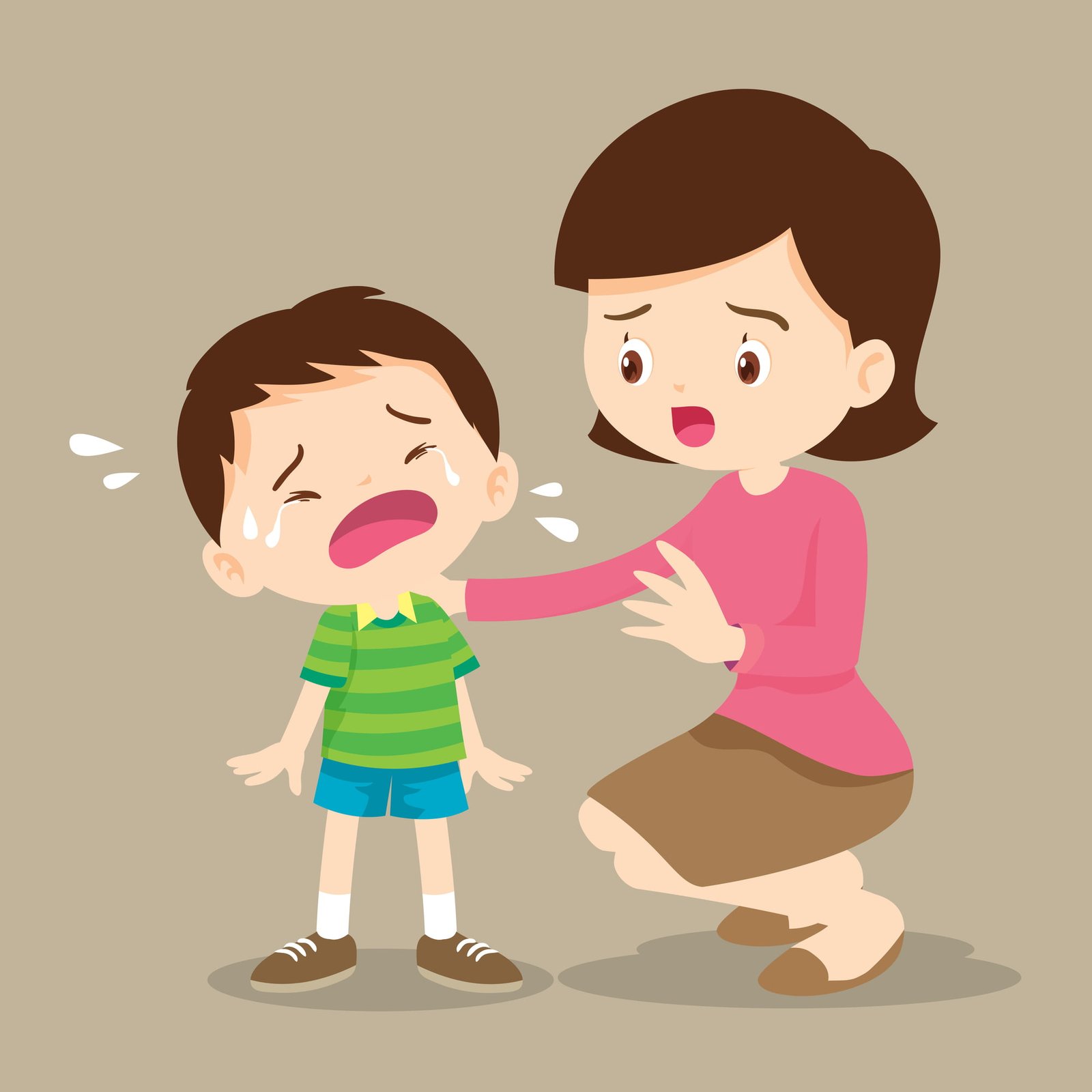Empathy is the cornerstone of a healthy and nurturing parent-child relationship. When parents empathize with their children, it fosters trust, emotional intelligence, and a sense of security. This article explores practical ways to connect with your child on a deeper level through empathy, featuring real-life examples to illustrate these concepts.
Understanding Empathy
Empathy involves understanding and sharing another person’s feelings. For parents, it means tuning into their child’s emotional world, recognizing their feelings, and responding with compassion and understanding. Empathy is more than acknowledging feelings; it’s about genuinely connecting with your child and helping them feel heard and valued.
Free ADHD Parenting Book with 100+ Strategies and 10 Toolkits. Subscribe Now!
The Importance of Empathy in Parenting
- Building Trust and Security
- Empathizing with your child builds a foundation of trust and security. When children feel understood and accepted, they are more likely to open up about their thoughts and feelings.
- Enhancing Emotional Intelligence
- Children learn by example. When parents model empathy, children develop better emotional regulation and social skills.
- Strengthening the Parent-Child Bond
- Empathy strengthens the emotional bond between parents and children, making the relationship more resilient during challenging times.
Practical Ways to Empathize with Your Child
- Active Listening
- Practice active listening by giving your full attention when your child speaks. Put away distractions, make eye contact, and show that you are genuinely interested in what they have to say.
- Example: Sarah noticed her daughter Emily was unusually quiet after school. Instead of dismissing it, she sat down with Emily, looked her in the eyes, and asked, “How was your day?” Emily opened up about a conflict with a friend, and Sarah listened without interrupting, validating Emily’s feelings.
- Validating Their Emotions
- Validate your child’s feelings by acknowledging and accepting their emotions, even if you don’t fully understand them. Let them know it’s okay to feel sad, angry, or scared.
- Example: When Jake’s son, Max, lost his favorite toy, he was inconsolable. Instead of saying, “It’s just a toy,” Jake hugged Max and said, “I can see you’re really upset. Losing something special can be really hard.”
- Reflecting Feelings
- Reflecting feelings involves mirroring your child’s emotions back to them. This helps children feel understood and encourages them to express their feelings more openly.
- Example: Lisa’s teenage son, David, was frustrated with his homework. Lisa said, “It sounds like you’re feeling really frustrated with this assignment. It seems challenging.” David nodded, feeling that his mom understood his struggle.
- Sharing Your Own Feelings
- Share your own emotions and experiences with your child to create a two-way dialogue. This shows that it’s normal to have a range of emotions and helps build mutual empathy.
- Example: When Hannah’s daughter, Lily, felt nervous about an upcoming test, Hannah shared a story about a time she felt nervous before a big presentation at work. This made Lily feel less alone in her anxiety.
- Encouraging Open Communication
- Create an environment where open communication is encouraged. Let your child know they can talk to you about anything without fear of judgment or punishment.
- Example: Tom and his wife, Jane, established a “talk time” every evening where their children could share anything on their minds. This routine helped their children feel more comfortable discussing their feelings.
- Using Empathic Language
- Use language that conveys empathy. Phrases like “I understand,” “That sounds really tough,” and “I’m here for you” can make a big difference in how supported your child feels.
- Example: When Mia’s son, Alex, was disappointed about not making the soccer team, she said, “I know how much you wanted this, and I can see how disappointed you are. Let’s discuss how we can work towards your goal for next year.”
Challenges to Empathy and How to Overcome Them
- Parental Stress
- Parents often juggle multiple responsibilities, making it challenging to be consistently empathetic. Managing your own stress through self-care and seeking support can help you be more present for your child.
- Miscommunication
- Sometimes, parents and children misunderstand each other’s intentions. Practice patience and ask clarifying questions to ensure you fully understand your child’s perspective.
- Different Emotional Needs
- Every child is unique, and their emotional needs can vary. Take the time to learn and understand what works best for your child individually.
The Long-Term Benefits of Empathy in Parenting
- Improved Mental Health
- Children who feel understood and supported are less likely to develop mental health issues like anxiety and depression.
- Better Relationships
- Empathetic children tend to have healthier relationships with peers and family members as they learn to understand and respect others’ feelings.
- Resilience
- Empathy helps children develop resilience, enabling them to cope better with life’s challenges and setbacks.
Conclusion
Empathy is a powerful parenting tool that fosters a deeper connection between parents and children. By practicing active listening, validating emotions, reflecting feelings, sharing your own experiences, encouraging open communication, and using empathic language, you can create a nurturing environment where your child feels understood and valued. The benefits of empathy extend beyond the immediate moment, contributing to your child’s long-term emotional well-being and strengthening the parent-child bond.
Empathize with your child, and you’ll not only guide them through their emotional experiences but also build a relationship based on trust, respect, and mutual understanding.
